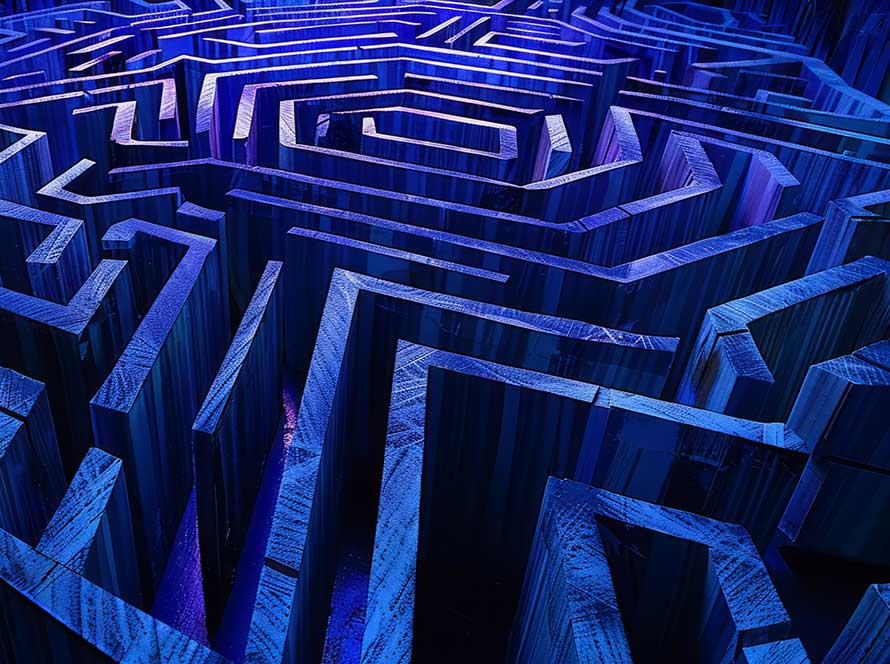Electronic components are the fundamental building blocks of all electronic devices, enabling the creation and operation of a wide range of technologies that define modern life. From smartphones and computers to medical devices and industrial machinery, these components play crucial roles in the functionality and performance of electronic systems. Understanding the key components of electronics is essential for anyone involved in the design, manufacturing, or use of electronic devices. Here, we explore the most important electronic components and their functions.
1. Resistors
Resistors are one of the most basic yet essential components in electronic circuits. They limit or regulate the flow of electrical current, protecting other components from receiving too much current and potentially getting damaged. Resistors come in various types, including fixed, variable, and special types like thermistors (temperature-dependent resistors) and photoresistors (light-dependent resistors). Their resistance value is measured in ohms (Ω), and they are often color-coded to indicate their resistance value.
In addition to current limitation, resistors are used to create voltage dividers, which split voltages into smaller, desired levels. They also play a role in filtering applications, where they work with capacitors and inductors to remove unwanted frequencies from signals. Resistors are fundamental components in electronic design, ensuring that circuits operate safely and efficiently.
2. Capacitors
Capacitors are components that store and release electrical energy. They are used in filtering applications to smooth out fluctuations in voltage and in timing circuits where they can control the charging and discharging times. Capacitors are characterized by their capacitance value, measured in farads (F), and can be found in various forms such as ceramic, electrolytic, and tantalum.
Capacitors are essential in power supplies to filter and stabilize voltages, ensuring a consistent power output. In signal processing, they are used for coupling and decoupling AC signals, allowing the desired signals to pass while blocking DC components. Capacitors also play a crucial role in resonant circuits, which select specific frequencies, making them indispensable in radio-frequency and communication applications.
3. Inductors
Inductors store energy in a magnetic field when electrical current flows through them. They are commonly used in filtering applications to block or smooth out AC signals while allowing DC signals to pass. Inductors are characterized by their inductance value, measured in henries (H), and are often used in conjunction with capacitors to form resonant circuits.
In power supplies, inductors help regulate the flow of current and reduce electrical noise. They are also integral to the functioning of transformers, which transfer energy between circuits through electromagnetic induction. Inductors are key components in applications ranging from radio-frequency circuits to power management systems, ensuring efficient energy transfer and signal integrity.
4. Diodes
Diodes are components that allow current to flow in one direction only, acting as a one-way valve for electricity. They are used in rectification processes to convert alternating current (AC) to direct current (DC) and in protection circuits to prevent reverse voltage damage. There are various types of diodes, including standard diodes, Zener diodes for voltage regulation, and light-emitting diodes (LEDs) for illumination.
Diodes are essential for creating rectifiers in power supplies, enabling the conversion of AC from the mains to DC used by electronic devices. Zener diodes are used in voltage regulation circuits to maintain a stable output voltage, protecting sensitive components. LEDs have revolutionized lighting and display technologies, providing efficient and long-lasting light sources for a wide range of applications.
5. Transistors
Transistors are semiconductor devices used to amplify or switch electronic signals. They are the building blocks of modern electronics, found in everything from small radios to complex computer systems. Transistors come in various types, such as bipolar junction transistors (BJTs) and field-effect transistors (FETs), each serving different functions.
In amplifiers, transistors boost weak signals to stronger levels, making them essential in audio and radio frequency applications. As switches, transistors control the flow of current in digital circuits, enabling the creation of logic gates and microprocessors. Their versatility and functionality make transistors critical components in both analog and digital electronics.
6. Integrated Circuits (ICs)
Integrated circuits (ICs) are compact circuits that integrate multiple electronic components, such as transistors, resistors, and capacitors, onto a single piece of semiconductor material. They can perform a wide range of functions, from simple logic operations to complex signal processing and computation. ICs have revolutionized electronics by allowing for the miniaturization and increased reliability of electronic devices.
ICs are used in virtually all electronic equipment, from computers and smartphones to appliances and industrial machines. They enable the development of complex systems with enhanced performance and functionality while reducing size and cost. The versatility and efficiency of ICs have made them indispensable in modern technology, driving advancements in various fields.
7. Connectors
Connectors provide a detachable interface between electronic components or systems, allowing for the easy connection and disconnection of circuits. They come in many forms, including USB connectors, HDMI connectors, and audio jacks, each designed for specific applications. Connectors ensure reliable electrical connections and are crucial for the modular design of electronic systems.
In addition to facilitating connections, connectors contribute to the flexibility and maintainability of electronic devices. They allow for quick and efficient assembly and disassembly, which is essential in manufacturing and repair processes. Connectors are indispensable in modern electronics, enabling seamless communication and power transfer between different components.
Electronic components are the essential building blocks of all modern electronic devices, each playing a specific role in ensuring the functionality and performance of electronic systems. From resistors and capacitors to transistors and integrated circuits, these components work together to create the technologies that define our world. Understanding these key components is crucial for anyone involved in electronics, as they form the foundation of innovation and technological advancement. As technology continues to evolve, the importance of these components will only grow, driving the development of more advanced, efficient, and reliable electronic devices.

